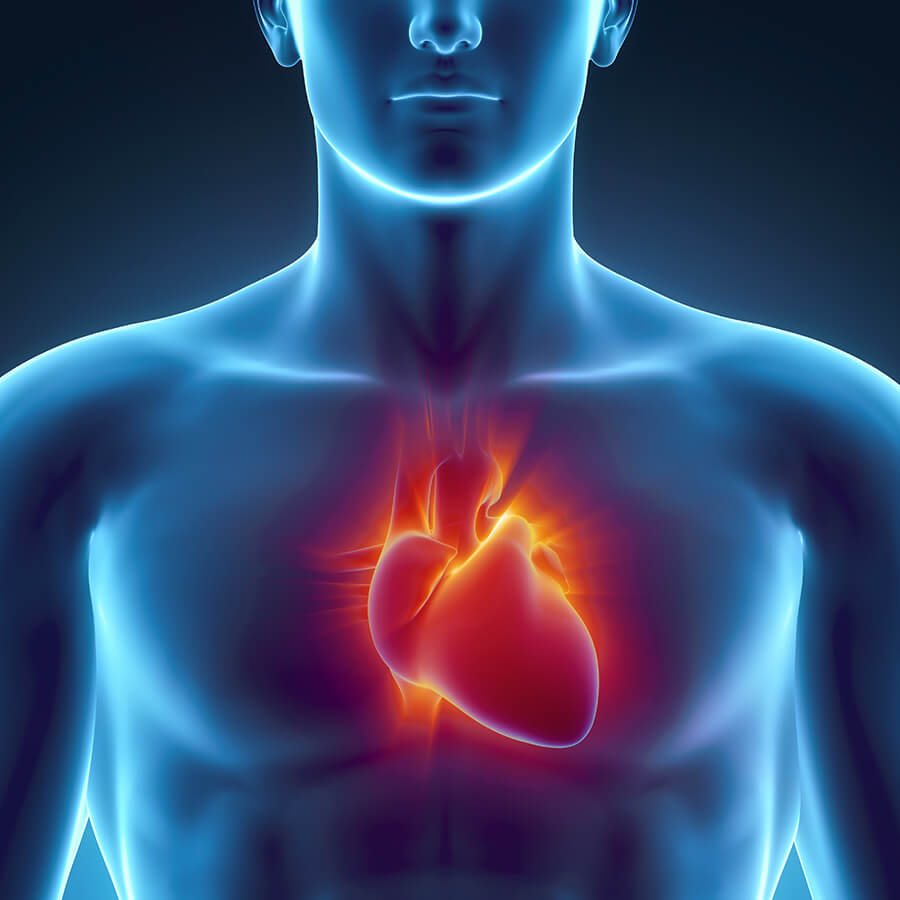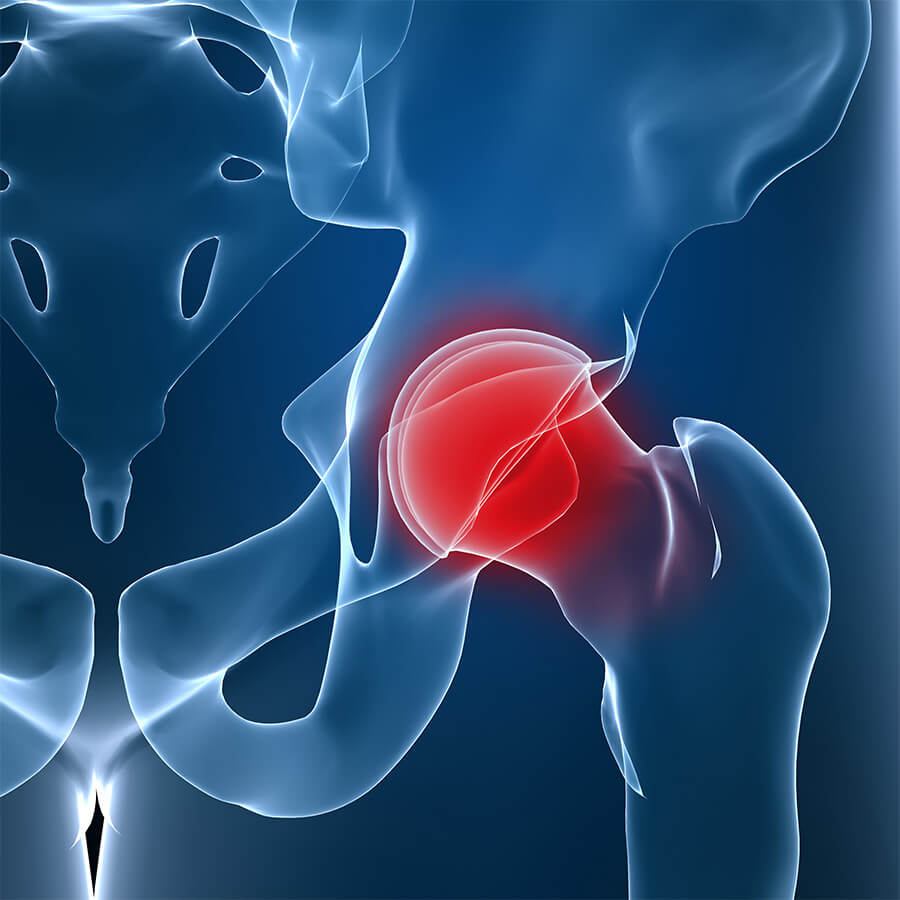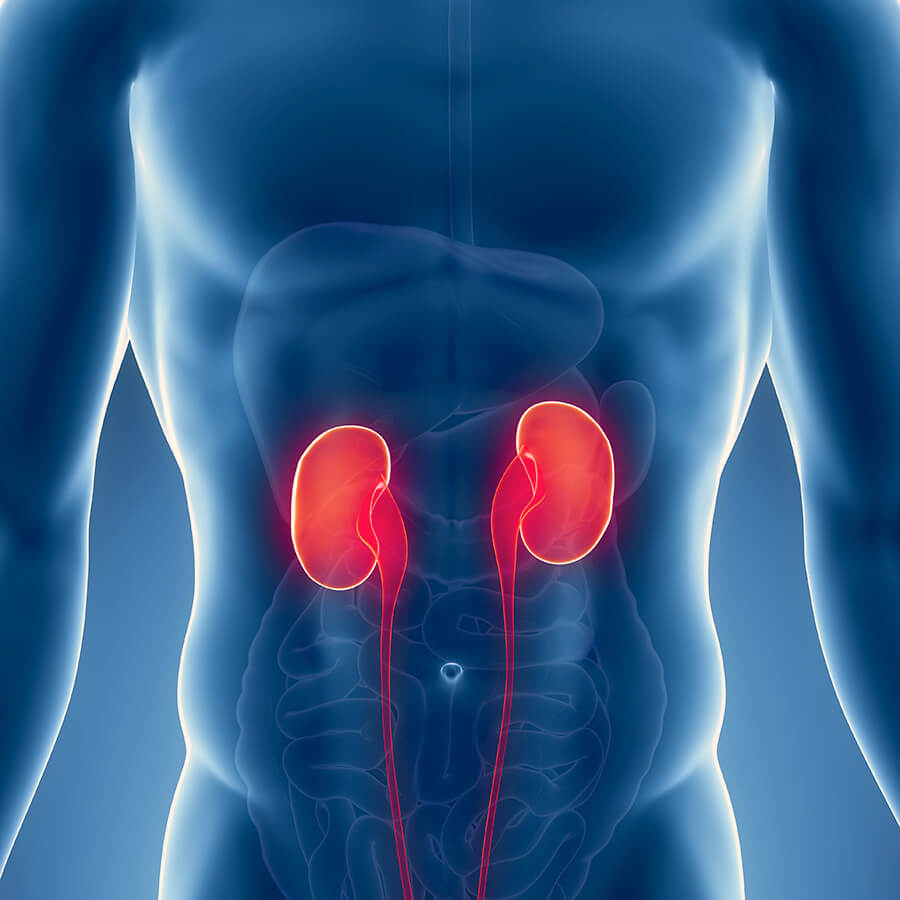Modern Diagnosis and Therapy at the Breast Cancer Center
Expertise, Advanced Therapy, Personalized Support, and Treatment Options A suspected breast cancer diagnosis can cause significant anxiety for patients and their loved ones. Lumps, changes in breast shape, size, skin color, and pain require medical examination and clarification. The first steps should include: Consultation with a family doctor or gynecologist Seeking a second opinion – The Breast Cancer Center offers comprehensive diagnostics and treatment recommendations. Early diagnosis is crucial in the fight against breast cancer. Whether caused by chance, genetics, or risk factors, breast cancer is largely treatable if detected early and managed correctly, and treatment is possible at all stages. The stage and characteristics of the tumor, along with the quality of treatment and the expertise of the medical team, significantly impact recovery chances and disease progression. At our Breast Cancer Center, we use cutting-edge diagnostic methods, including mammography, high-resolution ultrasound, PET-CT, MRI, and biopsy. These technologies allow for rapid and precise diagnosis, forming the basis for an individualized treatment plan. The Breast Cancer Center is part of the Interdisciplinary Oncology Center at St. Mary’s Hospital in Düsseldorf. All cases are discussed in weekly oncology board meetings, ensuring the most precise and effective treatment approach. Treatment Options at the Breast Cancer Center The center offers a wide range of treatment options, from surgery to chemotherapy and radiation therapy. [...]










